In economics, inflation means rise in the general level of prices of goods and services over a period of time in an economy. Inflation may affect the economy either in positive way or negative way.
Causes of Inflation
The causes of inflation are as follows −
· Inflation may occur sometimes due to excessive bank credit or currency depreciation.
· It may be caused due to increase in demand in relation to supply of all types goods and services due to a rapid increase in population.
· Inflation also may be also be caused by a change in the value of production costs of goods.
· Export boom inflation also comes into existence when a considerable increase in exports may cause a shortage in the home country.
Inflation is also caused by decrease in supplies, consumer confidence, and corporate decisions to charge more.
Measures to Control Inflation
There are many ways of controlling inflation in an economy −
Monetary Measure
The most important method of controlling inflation is monetary policy of the Central Bank. Most central banks use high interest rates as a way to fight inflation. Following are the monetary measures used to control inflation −
· Bank Rate Policy − Bank rate policy is the most common tool against inflation. The increase in bank rate increases the cost of borrowings which reduces commercial banks borrowing from the central bank.
· Cash Reserve Ratio − To control inflation, the central bank needs to raise CRR which helps in reducing the lending capacity of the commercial banks.
· Open Market Operations − Open market operations mean the sale and purchase of government securities and bonds by the central bank.
Fiscal Policy
Fiscal measures are another important set of measures to control inflation which include taxation, public borrowings, and government expenses. Some of the fiscal measures to control inflation are as follows −
- Increase in savings
- Increase in taxes
- Surplus budgets
Wage and Price Controls
Wage and price controls help in controlling wages as the price increases. Price control and wage control is a short term measure but is successful; since in long run, it controls inflation along with rationing.
Impact of Inflation on Managerial Decision Making
Inflation is of course the all too familiar problem of too much money (demand) chasing too few goods (supply), with the upshot of prices and expectations everywhere tending to rise higher and higher.
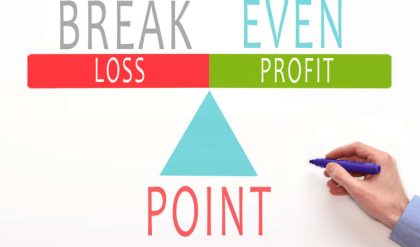
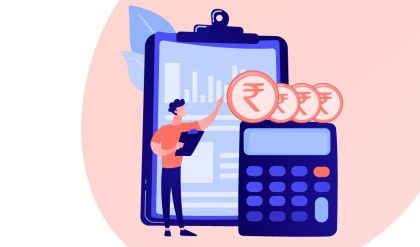
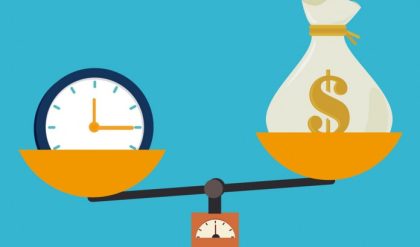
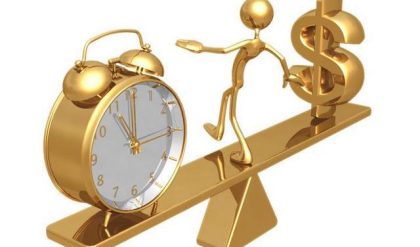
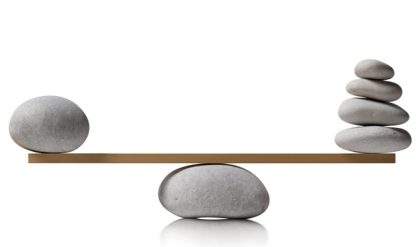

Comments are closed.